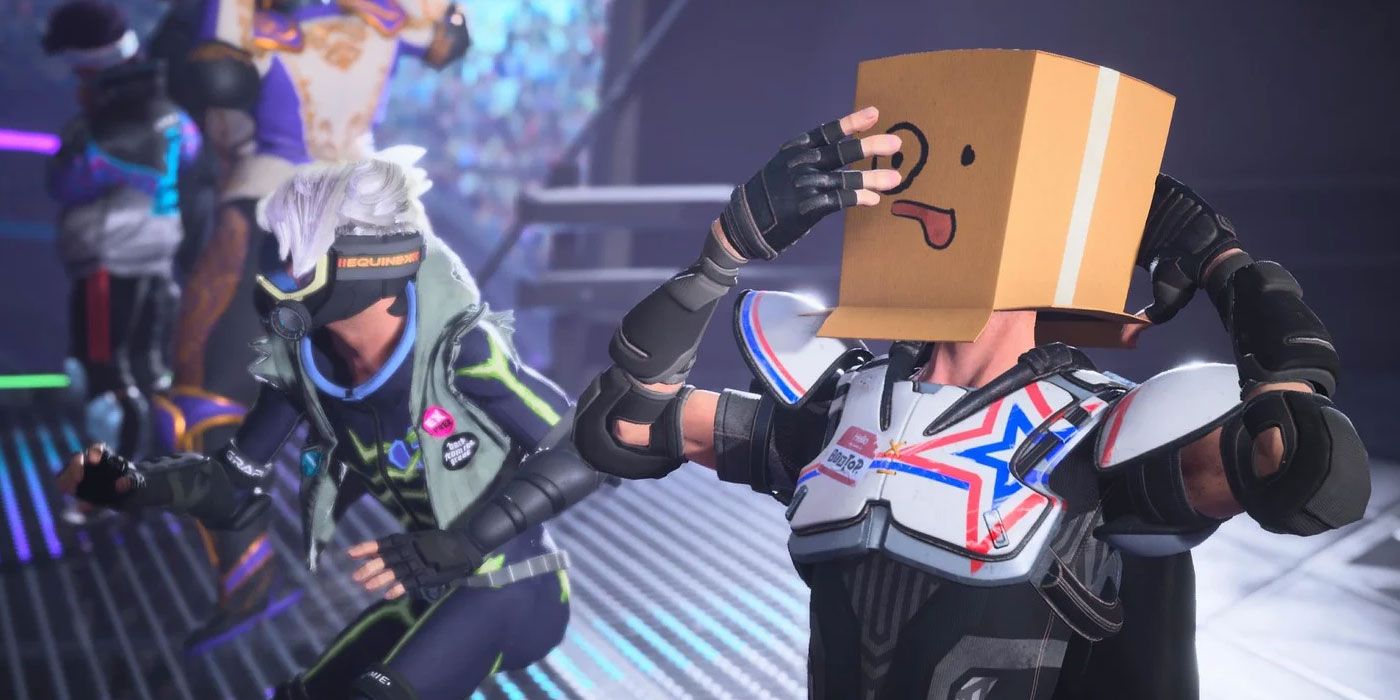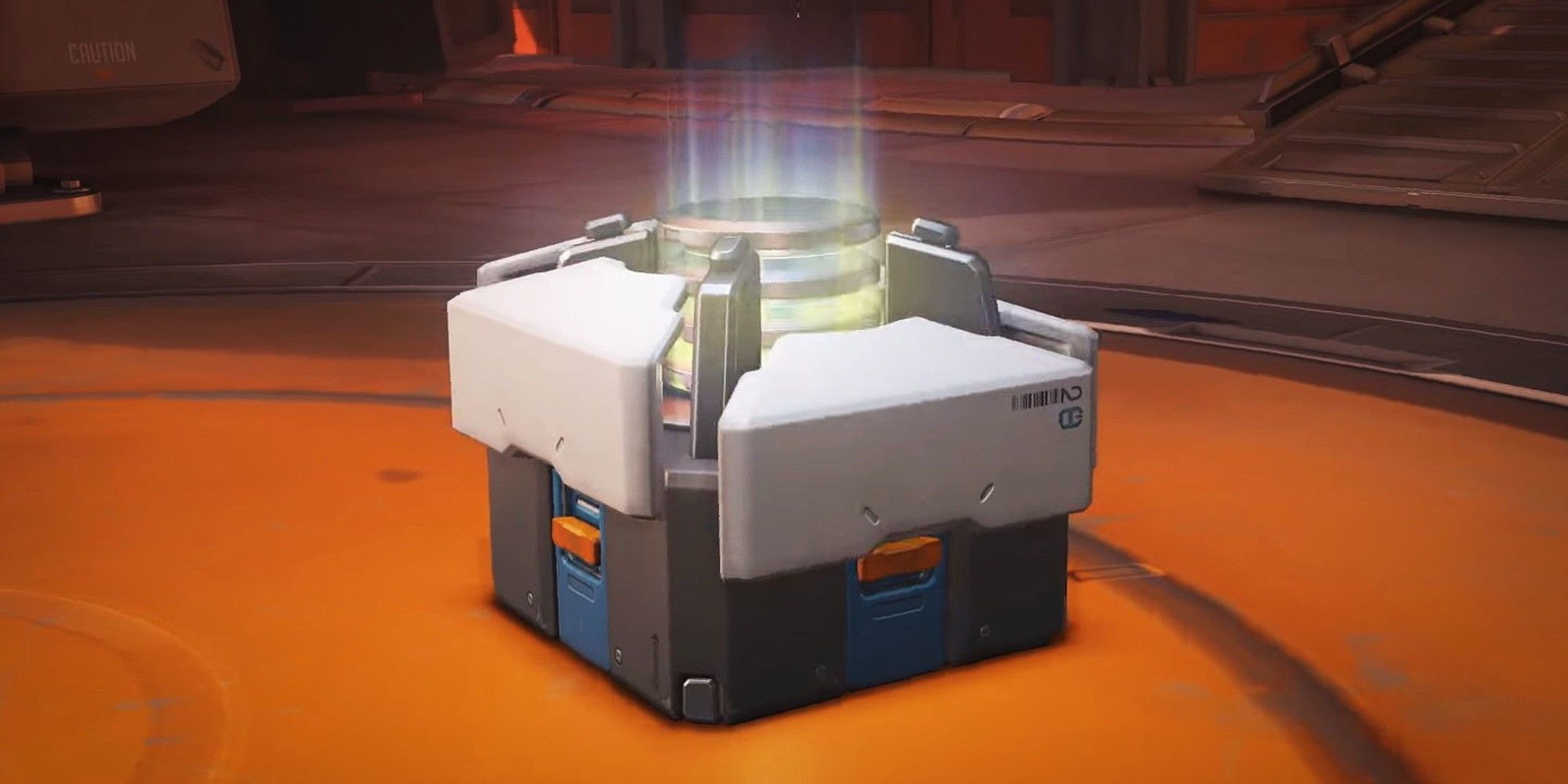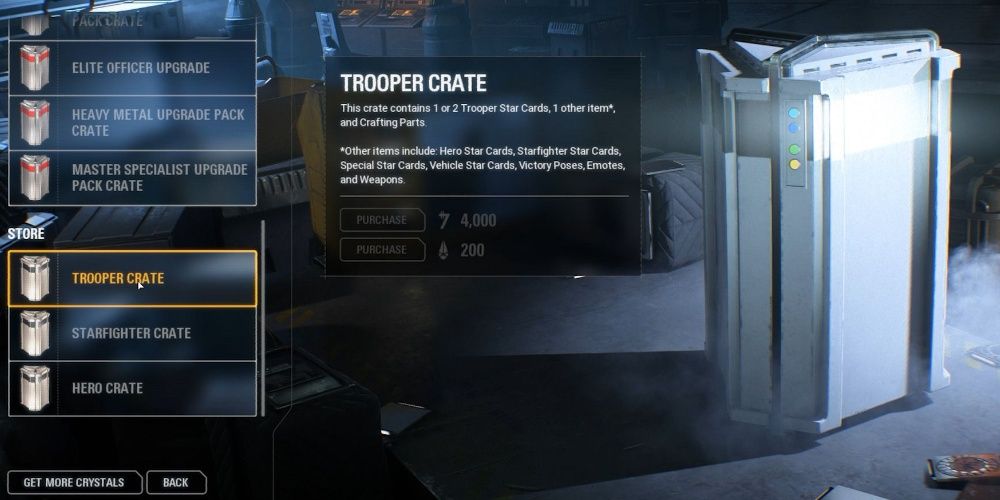The recent price hike of next-gen video games has more than a few gamers hesitant to jump into the next console generation. Raising the price from $60 to $70 seems a bit egregious when the industry is more profitable than ever before. Although most gamers are against the raise, $70 would be more than reasonable if games weren't riddled with in-game microtransactions and were actually complete upon launch.
Video games are becoming more expensive to make with each passing year. AAA games can cost hundreds of millions of dollars to develop. With development costs rising to astronomical amounts in such a short time, it would make sense to increase the price of next-gen games. However, the industry doesn't rely on one-off purchases as much as they use to. The emergence of microtransactions and loot boxes caused many companies to shift their focus to in-game purchases.
In-game monetization is big business in the modern gaming world. Between July and September, Activision Blizzard made $1.2 billion on microtransactions alone. If the global online microtransaction market continues to grow at the rate it is today, it's expected to make $34.59 billion in 2021. With in-game purchases raking in billions of additional profits, it doesn't seem necessary to raise the price to $70 when games make billions through in-game monetization.
Some games feel very bare-bones without additional in-game purchases. It's common for a game to launch with a slew of content hidden behind outrageous paywalls. If the base game included all the additional content, many gamers would be more open to a ten-dollar price increase. Many gamers already spend well over $70 unlocking levels, guns, and outfits that should've been in the game upon launch. Getting rid of the paywalls and allowing players to unlock additional content through in-game progression might convince a few fans to fork over an extra ten dollars for next-gen games.
Broken and unfinished games have become one of the biggest issues in gaming today. Countless titles launch in nearly unplayable states, causing many gamers to grow frustrated with the industry. If companies want to increase video game prices, they need to complete the titles before launch. Paying $60 for a glitchy mess of a game is already atrocious, but expecting gamers to pay an extra ten dollars for half-baked games is uncalled for. Developers need to complete their titles before launch if they want gamers to accept the price hike. If these games were finished products upon launch and weren't full of greedy microtransactions, more gamers would be willing to pay top dollar for next-gen experiences.
Gaming's always been somewhat of an expensive hobby. Most people understand that games become more expensive as development costs increase. However, in-game monetization more than makes up for the increased development cost so many big-name companies squawk about. Raising the price of next-gen games is completely unnecessary if they include all the egregious microtransactions so many video game fans despise. If companies want gamers to embrace the next-gen price hike, they need to start thinking about getting rid of some of the outrageous paywalls bogging down many AAA titles.



